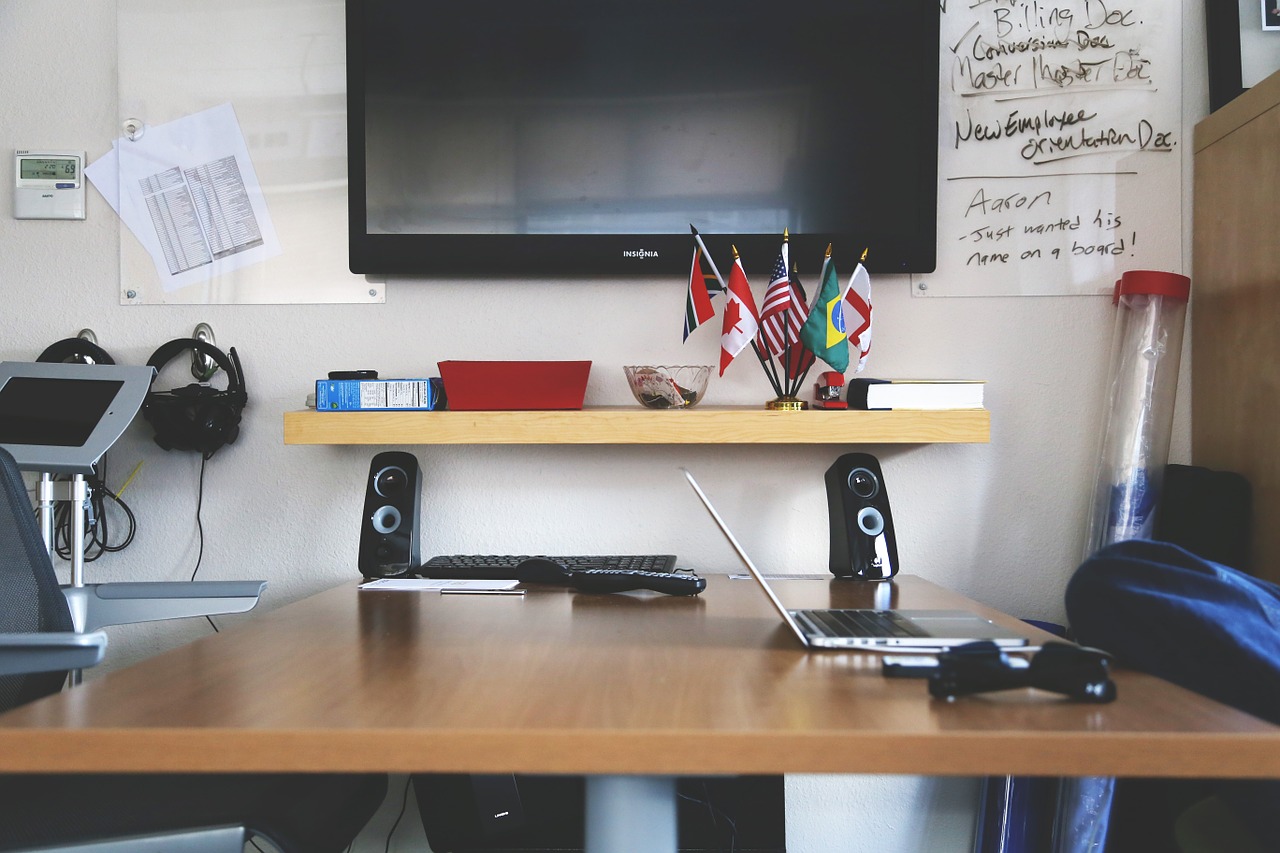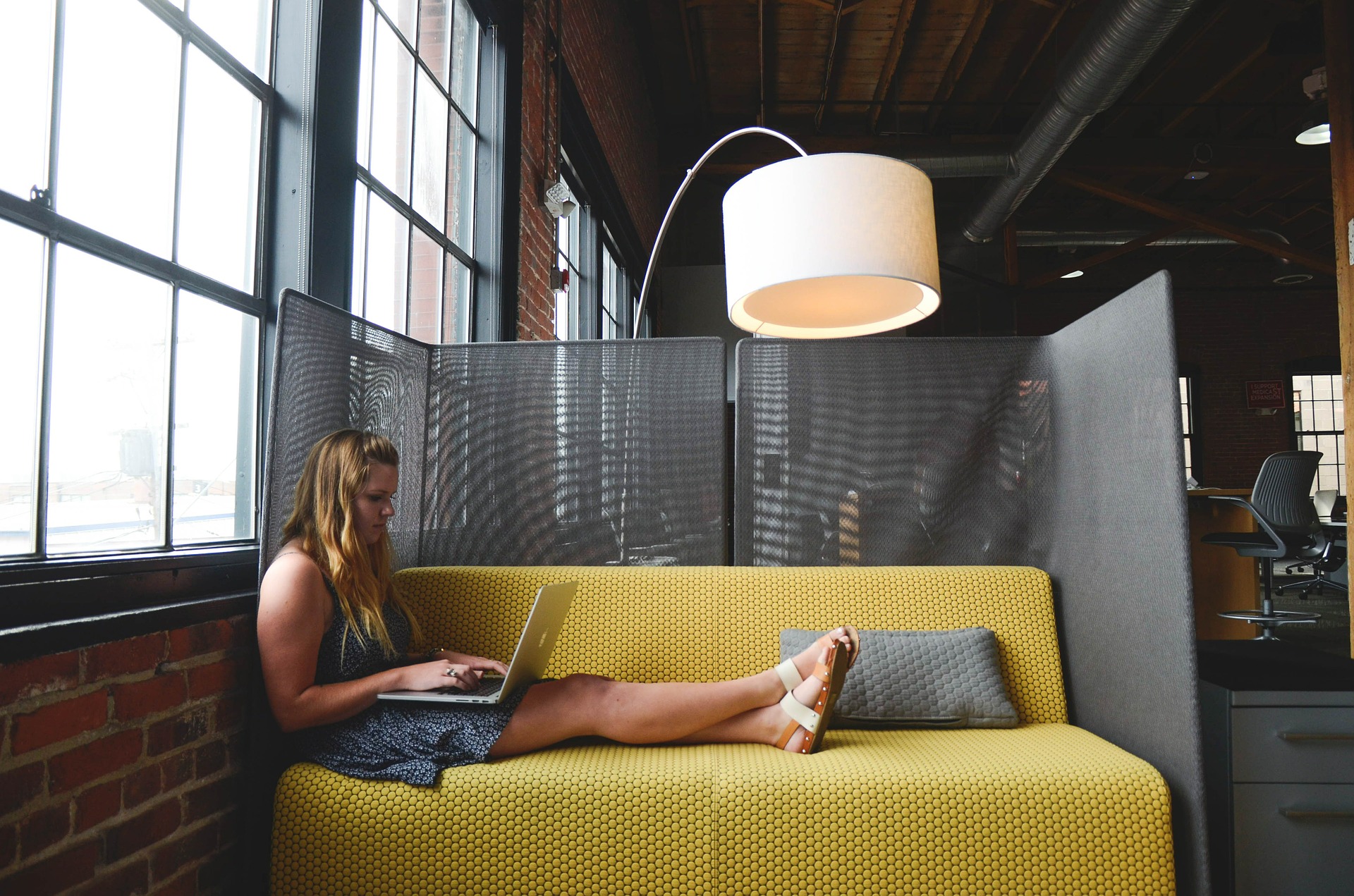In this pandemic world, working from home has become the norm for many. Because thousands of people lost their jobs during the COVID-19 pandemic, many turned to freelancing as a source of income.
Whether you’ve been freelancing for a long time or it’s still new to you, we probably don’t need to tell you about the benefits. Being your own boss has plenty of perks that you’ll discover right away.
But, it also has some potential drawbacks. Being your own boss also means you’re in charge of everything. There’s a lot of pressure on you to find consistent work, keep clients happy, make sure you’re getting paid, all while trying to maintain a healthy work-life balance.
One major difficulty freelancers often face is loneliness. If the pandemic taught us anything, it’s how much isolation can impact mental health, creating serious complications.
Let’s look at some of the implications of working on your own and how you can stay positive, so the isolated time you’re dealing with each day doesn’t take such a toll on your mental health.
What Are the Implications of Working Alone?
Working from home sounds like a dream, on paper. And, again, there are plenty of benefits. But, it can also create a lot of stress in your life that wouldn’t be there if you had to leave the house to get to work each day. Remote work can lead to several issues, including:
- A lack of work-life balance
- Distractions by pets or family members
- Changes in sleeping/eating habits
- Disruption of a regular routine
One criticism of the work-from-home lifestyle is that it tends to isolate people. If you don’t need to interact with co-workers or report to anyone regularly, your perspective and mindset can change. You might start to slip into isolated tendencies and develop more “hermit-like” characteristics. Unfortunately, that can end up fueling your stress levels even more and lead to feelings of anxiety and depression.
Those feelings might already be in place because of the anxiety caused by the pandemic. For over a year, we’ve been dealing with so much uncertainty, and studies are just barely starting to show the mental health impact of COVID on the country (and the world). Now, more than ever, it’s time to make mental health a priority when you’re working from home so feelings of isolation don’t fuel your existing anxiety.

Join a Community – Online or In Person
Just because you’re working alone doesn’t mean you have to feel alone.
After all, work doesn’t take up every second of your day. At least, it shouldn’t. If you find that you’re not setting up distinct “working hours” and giving yourself a routine each day, that could be contributing to your feelings of isolation and burnout. It’s important to make time for connection and socialization every day – and that doesn’t just mean people living with you.
Working alone can be mentally and emotionally draining. Finding ways to spend time with other people should be a top priority whenever you’re not working. If you’re trying to think of some actionable steps to take, consider the following:
- Having a weekly “meeting” with a friend for coffee
- Calling up someone you care about for a drink in the evening
- Finding a morning workout partner
- Joining a co-working space
- Working in your favorite coffee shop or the park one day
Since you’re spending much of your time online anyway, you can also join an online community of other freelancers. There are many groups dedicated to discussions so you can meet like-minded individuals who are going through similar things. You might be able to get some advice, or even give some. Most importantly, though, you’ll feel a sense of community with people who know exactly what you’re going through.
Take Care of Yourself
One of the best things you can do to stay positive is to look after yourself. Self-care has become a bit of a buzzword these days. But, when it’s done correctly, it can reduce stress and ward off symptoms of anxiety and depression. Be sure to show yourself some compassion each day, rather than putting so much pressure on yourself to “get the job done.” During your typical workday at home, you can take care of yourself by:
- Taking frequent breaks
- Spending time outside
- “Unplugging” from your phone for a while
- Catching up with a friend for lunch
- Stretching
- Practicing mindfulness
Taking care of yourself will make it easier to recover from burnout, especially if you feel like you’ve lost your positivity and drive. By being compassionate and making self-care a priority, you can fight back against the feelings of isolation that can come with a remote lifestyle.
The best part? You don’t need to do it alone. Just knowing that can make a big difference. If you’re really struggling and something feels “off,” don’t hesitate to reach out for help. Consider talking to a therapist or counselor about how you’re feeling. You can even do so from home, thanks to the rise in telehealth popularity.
Conclusion
If you’re freelancing from home and you work alone, you’re actually part of a greater community of people doing the same thing. Reach out to others as often as you need, take steps to care for yourself, and understand that when you find ways to feel less “alone” at home, your positivity and productivity will increase.




Leave a Reply